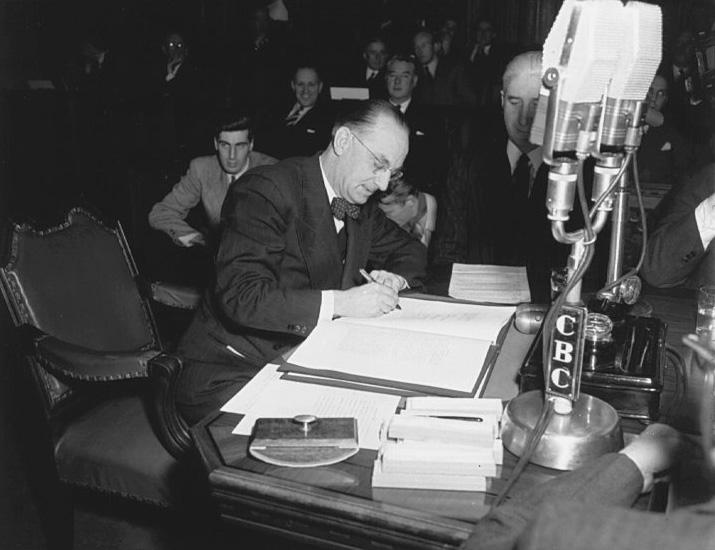Commentary
Last spring, the Canadian Broadcasting Corporation ran a major news campaign attacking The Epoch Times. Although the network ran many “news” items on the subject, the main attack was in an April 29, 2020, article posted on its website originally titled “'Racist and inflammatory’: Canadians upset by Epoch Times claim China behind virus, made it as a bioweapon.” The title greatly mischaracterized the content of that issue of the newspaper.





